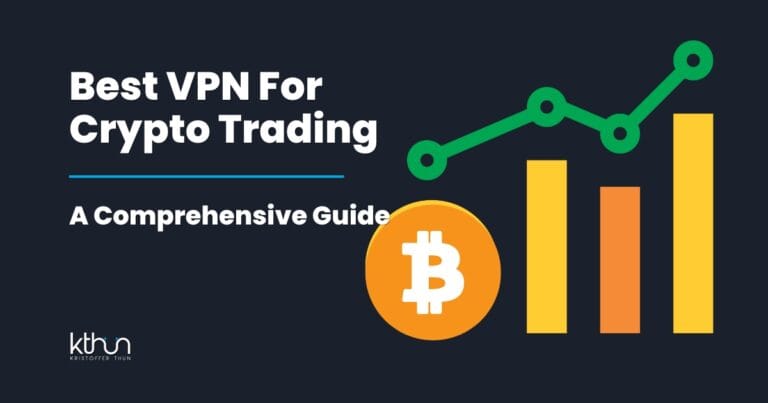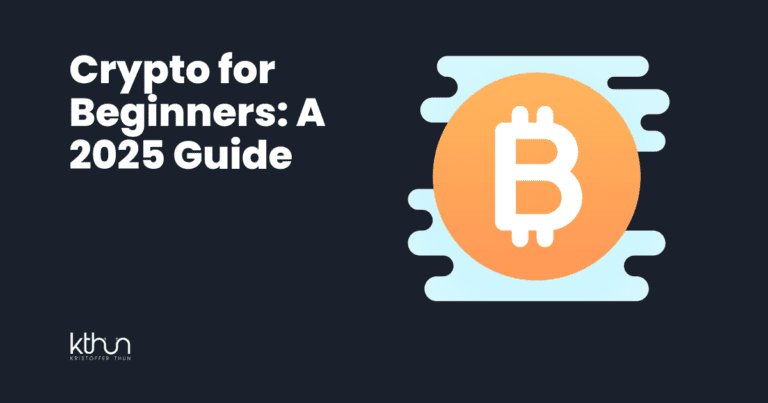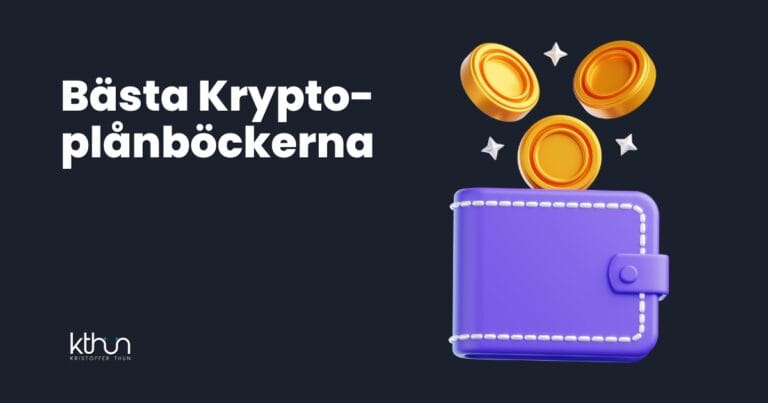Ready to level up your gaming experience?
Step into the vibrant world of NFT gaming! It’s where play meets potential, blending immersive gameplay with the excitement of digital collectibles.
This isn’t just another gaming trend. NFT gaming is reshaping the landscape, offering unique assets and a player-driven economy. It’s a revolution for gamers and creators alike.
So, are you ready to explore this dynamic arena? Join me as we dive into the thrilling world of NFT gaming.
Let’s get into it!”
I partner with awesome companies that offer products that help my readers achieve their goals! If you purchase through my partner links, I get paid for the referral at no additional cost! For more information, visit my disclosure page.
Key Takeaways
Explore the world of NFT gaming in 2023, where blockchain technology allows you for unique ownership and trading of digital assets.
Benefits include players owning, trading & making money with in-game items while developers foster stronger engagement & monetize experiences.
Popular titles offer play-to-earn opportunities. Challenges like volatility exist, so all parties must work together for success.
I partner with awesome companies that offer products that help my readers achieve their goals! If you purchase through my partner links, I get paid for the referral at no additional cost! For more information, visit my disclosure page.
The Rise of NFT Gaming
NFT gaming has gained traction thanks to the power of blockchain technology, which enables unique ownership and trading of digital assets.
This innovative approach to gaming has led to the creation of popular NFT games like Axie Infinity and The Sandbox that blend traditional game design with non-traditional mechanics based on NFTs.
But what sets NFT games apart from traditional video games?
The key difference lies in the value of in-game assets. NFT games allow for the transfer of the value of digital assets to other platforms and the possibility of trading them for real-world currency.
The advancement has unlocked countless opportunities for both gamers and game creators.
At the same time, developers can create more immersive in-game economies, foster more robust player engagement, and tap into new monetization opportunities.
As the gaming industry continues to evolve, NFT games are becoming increasingly popular, offering unique gaming experiences beyond what traditional video games can provide.
From in-game items to collectibles and avatars, NFT games enable you to show off your digital assets and even profit from them while playing games.
This growing popularity of NFT gaming has created a boom in the job market, with roles like:
NFT game developers.
Blockchain game engineers.
Brand market strategists.
Consumer research analysts.
Business development managers.
5 Benefits of NFT Gaming
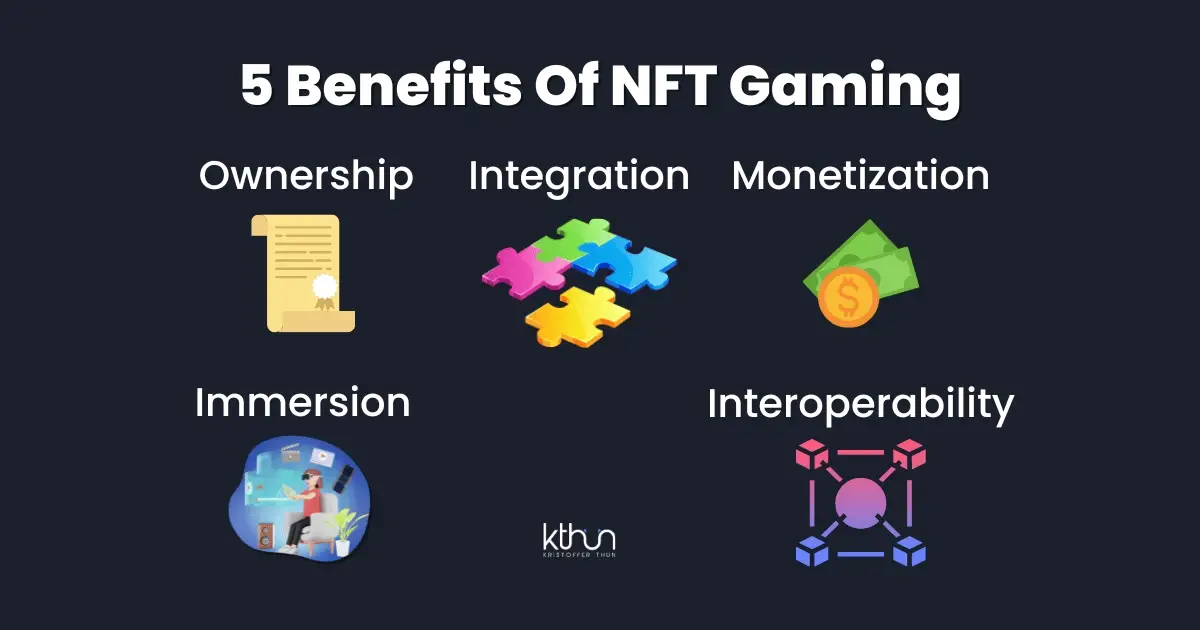
Ownership
One of the most attractive aspects of NFT gaming is the power it gives to players. By participating in play-to-earn games like Axie Infinity and The Sandbox, players can own, trade, and make money with in-game assets.
Monetization
Gone are the days when in-game rewards were confined to the virtual world; now, players can cash in on their gaming prowess.
Developers, too, can reap the benefits of NFT gaming. By creating vibrant in-game economies that rely on NFT assets, developers can foster stronger player engagement and tap into new monetization avenues.
Interoperability
NFTs have the flexibility to be used in various games or platforms, which means that assets from one game can potentially be transferred or showcased in another.
Immersion
NFT gaming is also bridging the gap between the digital and physical worlds. With NFTs, digital assets like in-game items, collectibles, and avatars can be linked to physical counterparts, such as statues, figurines, and paintings.
This connection between the digital and physical worlds opens up a new dimension of gaming, allowing players to enjoy a more immersive and all-encompassing experience.
Integration
Moreover, NFT gaming presents unique opportunities for integrating fan art and other game-related creations. By allowing creators to craft NFT-powered assets for their favorite games and sell them on marketplaces, NFT gaming gives fans a platform to showcase their talents and profit from their passion.
Top NFT Games to Watch in 2023

As the popularity of NFT gaming continues to soar, there are several games that you should keep an eye on in 2023. These include Axie Infinity, Sorare, Phantom Galaxies, Cryowar, The Sandbox, Gods Unchained, and Star Atlas.
Each game offers unique gameplay experiences and play-to-earn opportunities that set them apart from other NFT games.
Axie Infinity
For instance, Axie Infinity combines the concept of digital pets called Axies with a player-versus-player (PvP) battle system. Players can breed, raise, and battle their Axies, earning in-game tokens that can be traded for real-world value.
The Sandbox
The Sandbox 3D allows players to create custom avatars, set up mining facilities, and engage in PvP and potentially PvE battles to win resources and control different sectors.
Gods Unchained
Gods Unchained, a blockchain-based trading card game, has garnered a massive following and has the potential to become a popular eSport, thanks to its unique NFT cards.
Phantom Galaxies
Phantom Galaxies is an open-world space simulation RPG that utilizes blockchain technology. It boasts immersive combat and an enthralling storyline.
Players can explore a vast universe, engage in authentic ship-to-ship combat, and earn unique mechs, avatars, and even interplanetary real estate in this game that rewards players for their efforts.
Star Atlas
Finally, Star Atlas allows players to build their custom starship, crew, and avatars, set up mining facilities, and participate in PvP and potentially PvE battles to win resources and control over different sectors.
With such diverse gaming experiences on offer, there’s no doubt that NFT gaming will continue to thrive and grow in the coming years.
Cryowar
Cryowar is a real-time multiplayer PVP arena game that uses NFT technology and is developed with Unreal Engine. It runs on the Solana network and combines traditional gaming with blockchain elements, such as DAO voting, NFTs, and decentralized finance (DEFI).
The game focuses on skill-based gameplay without any pay-to-win mechanics.
Play-to-Earn Model Explained
The play-to-earn model is a key component of NFT gaming that allows players to earn rewards and tokens by completing tasks and achieving milestones within the play-to-earn game.
You can trade or sell the rewards and tokens they earn in the game for real-world value, which encourages them to invest their time and effort into playing.
Players in Alien Worlds can earn digital currency, Trilium, by reaching milestones, leasing virtual property, and battling other players.
Similarly, in Sidus Heroes, players can earn in-game rewards through SIDUS tokens by completing tasks and reaching milestones, which can be traded or sold for real money.
The play-to-earn model has gained popularity among gamers due to its potential for generating real-world income. However, it is not without its challenges. For instance, players with deep pockets may be able to purchase top-tier teams and dominate the competition, earning NFT rewards without ever looking back.
To maintain a fair and balanced gaming environment, developers must balance the play-to-earn model and traditional gameplay mechanics.
By combining the best features and user experience design from play-to-earn and free-to-play games, developers can create engaging and rewarding gaming experiences for all players.
In-Game Assets and NFT Marketplaces
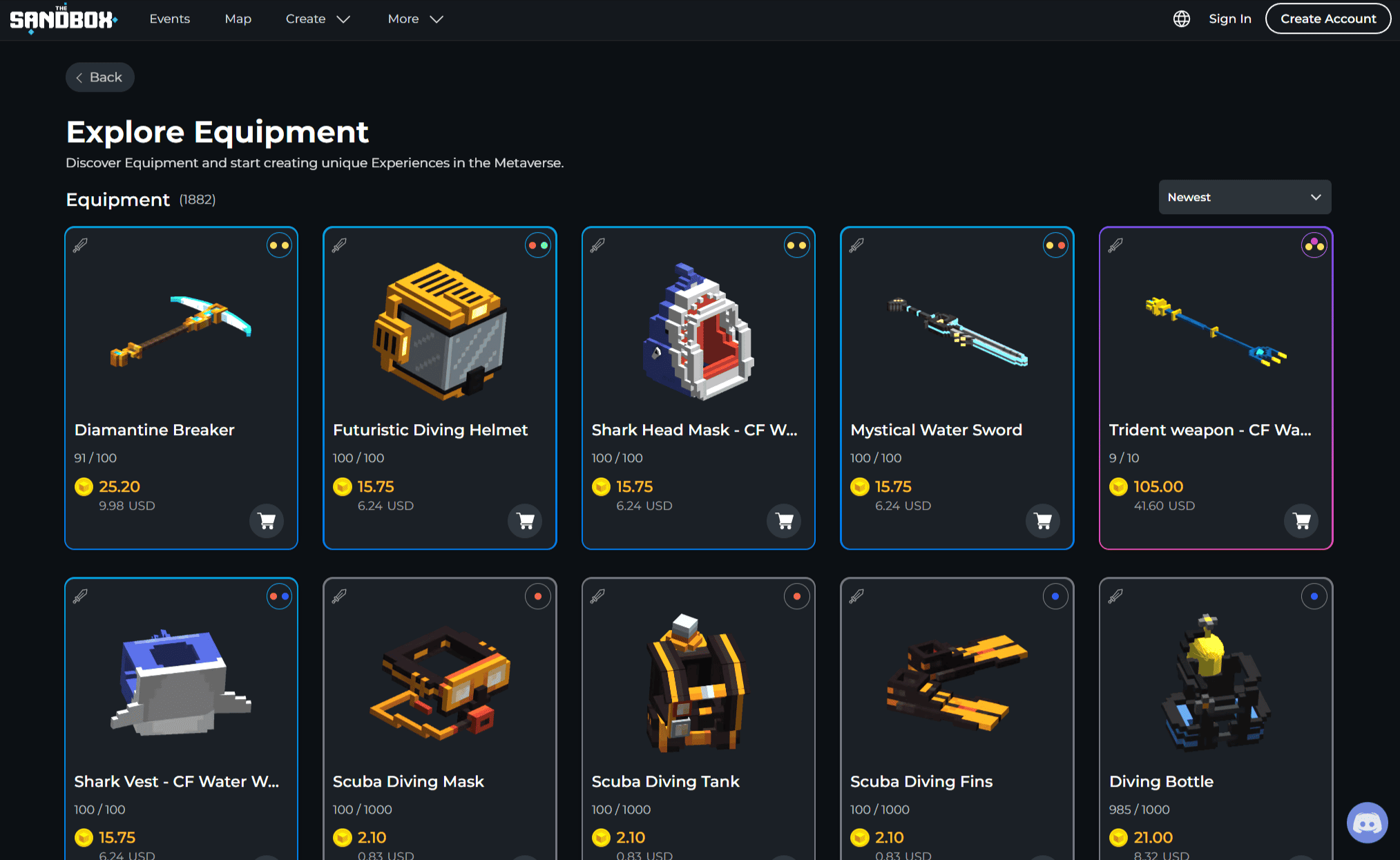
NFT gaming allows creating and trading various in-game assets such as characters, items, and land. These assets can be represented as NFTs and traded on multiple NFT marketplaces, allowing players to monetize their gaming experiences.
For example, in Star Atlas, most in-game assets are represented as NFTs and can be traded on the game’s marketplace.
In Gods Unchained, every card is associated with a unique token (ERC-721) that can be bought or sold on the game’s marketplace or the open market. By enabling the creation and trading of in-game assets, NFT gaming allows players to profit from their gaming experiences.
Players can earn rewards through in-game tokens, which can be traded or sold for real money on NFT marketplaces. NFT gaming is growing fast, creating more chances for players to profit and trade in-game assets on various platforms.
Challenges and Concerns in NFT Gaming
Despite the potential of NFT gaming, several challenges and concerns need to be addressed for sustainable growth.
One of the key issues is volatility in the value of NFTs and the associated digital currencies, which can lead to significant financial losses for players and investors alike.
Hidden costs are another concern in NFT gaming. Players may not be aware of the various fees and expenses associated with trading and owning NFTs, making it difficult to accurately assess the actual costs of participating in NFT games.
Environmental concerns also pose a challenge for NFT gaming. Blockchain technology, which underpins NFTs, is notorious for its high energy consumption, raising concerns about the sustainability and environmental impact of NFT gaming.
Addressing these challenges will be crucial for the long-term success of NFT gaming. Game developers, players, and regulators can develop solutions that minimize risks and promote a sustainable and thriving NFT gaming ecosystem by working together.
How to Get Started in NFT Gaming
If you’re interested in diving into NFT gaming, the first step is to explore various games and find one that appeals to you.
Popular NFT games such as Axie Infinity, Sorare, and The Sandbox offer unique gameplay experiences and play-to-earn opportunities to help you start your NFT gaming journey.
To participate in NFT games:
You’ll need a crypto wallet to link to the game and buy NFTs.
Once you have a wallet, you can acquire NFTs through in-game activities or purchase them on NFT marketplaces like OpenSea or Rarible.
As you begin your NFT gaming adventure, you must have a clear goal and know how much you’re willing to spend. Be prepared to invest time and effort into the game and navigate the risks and challenges of NFT gaming.
For aspiring game developers, acquiring the relevant skills and education is essential for breaking into the NFT gaming industry.
With the right knowledge and experience, you can create your own NFT games and contribute to the exciting world of NFT gaming.
NFT Gaming and the Metaverse

The concept of NFT gaming is closely tied to the metaverse – a virtual world that is accessible to all, not just limited to gamers or developers. NFTs link these virtual worlds, enabling assets to be owned and traded across different platforms.
The metaverse offers NFT gaming a chance to grow beyond conventional gaming into a more comprehensive digital world. As players travel through the metaverse, they can bring their NFT assets and use them across various platforms and experiences.
NFT integration across virtual worlds opens up endless possibilities for gaming experiences and player interactions.
As the metaverse continues to grow and evolve, NFT gaming is poised to shape its future significantly. By harnessing the power of NFTs and blockchain technology, NFT gaming can create a more interconnected and immersive digital landscape for players to explore.
Opportunities for Game Developers
The increasing demand for NFT games has created many job opportunities for developers in diverse roles, including game design, coding, testing, and creative domains. The integration of AI will further accelerate the development process.
With the expansion of the NFT gaming industry, individuals possessing the necessary skills and education can discover promising and fulfilling career paths.
If you aim to excel as an NFT game developer, having a strong grasp of technical skills such as programming languages and game engine environments like Unreal Engine is crucial.
Additionally, a bachelor’s degree or higher qualification in a tech-related field, such as computer science or computer engineering, is usually required for technical positions in NFT gaming.
For non-tech roles, such as game designers, UX designers, computer programmers, and content writers, you must have a strong portfolio showcasing your work and skills.
Additional education, such as an MBA for business roles or a graphic design degree for artistic roles, can be beneficial in securing a position within the NFT gaming industry.
As the NFT gaming landscape continues to evolve, developers with the right skills and passion can seize the opportunity to create unique and engaging gaming experiences, pushing the boundaries of what’s possible in NFT gaming.
NFT Gaming and Esports
The integration of NFTs into esports is a thrilling development in gaming. It allows fans exclusive access to in-game events, perks, and rewards while generating new revenue streams for esports organizations and players.
For example, Gods Unchained, a popular NFT trading card game, has the potential to become a major player in the esports scene due to its unique NFT cards and a massive following. Through NFTs, fans can own and trade exclusive cards, creating a deeper connection to the game and its players.
Esports organizations and players can also benefit from integrating NFTs, as it opens up new income sources by selling exclusive in-game items and assets. This can lead to greater financial stability and growth for the esports industry.
As NFT gaming continues gaining momentum, its integration with esports is likely to become even more prevalent, offering fans and players a more immersive and rewarding gaming experience.
Summary
To sum up, NFT gaming has become a groundbreaking power in the gaming world. It provides players and developers with extraordinary gameplay experiences and opportunities for monetization.
As NFT gaming continues to evolve and become more intertwined with the metaverse and esports, its potential for growth and innovation is boundless.
So why not dive in, explore the world of NFT gaming, and witness the future of gaming unfold before your very eyes?
Frequently Asked Questions
What does NFT mean in gaming?
NFT stands for Non-Fungible Token, a digital asset players own and can exchange or sell if it gains value. NFTs are often in-game assets like memes or GIFs.
Can you make money with NFT games?
You can make money with NFT games by earning in-game cryptocurrency or NFTs to sell on the secondary market, playing the game and winning rewards, or staking your assets and receiving rewards.
Players can earn around $500 per month, and developers can earn fees.
What is the benefit of NFT in gaming?
NFT gaming gives players complete control over their assets and the opportunity to earn cryptocurrencies if they sell. This attractive option provides incentives to play blockchain-based games and is a potential regular source of income.
What is an example of an NFT game?
Axie Infinity is one of the most popular NFT games, allowing players to earn tokens, breed and trade virtual assets. It’s similar to games like Pokémon, where you must collect fantasy monsters represented as NFTs.
Players can raise, train, battle with other players’ pets, and sell them.
How do I get started with NFT gaming?
Get a crypto wallet, explore different NFT games, and find the one that suits you – it’s the best way to start with NFT gaming!


